Dr. David Waterhouse shares how clinical trials can be decentralized to better serve patients in community settings.
2025 ASCO Annual Meeting
Advertisement
OncoPRO is advancing ePRO use in oncology through integration tips, EOM alignment, and improved patient outcomes.
ASCO 2025 study reveals gaps in fertility counseling and awareness among patients with cancer who are of reproductive age.
New drugs like vepdegestrant and oral SERDs may reshape HR+ breast cancer treatment with novel mechanisms and CDK4/6 combos.
Dr. David Waterhouse discusses geographic barriers to TNBC trials for Black women and the case for decentralized research.
DESTINY-Breast09 shows promising PFS with T-DXd + pertuzumab vs THP in HER2+ MBC, but safety and sequencing raise questions.
TVEC plus chemo shows promise in early TNBC, boosting immune response and survival with favorable safety profile.
Dr. Patt discusses how AI is transforming oncology care, and how to implement it responsibly and effectively.
Dr. Sammons on RLY-2608 plus fulvestrant in HR+/HER2– mBC with PIK3CA mutations: safety, efficacy, and trial updates.
Dr. Shatsky weighs DESTINY-Breast09 findings and highlights the need to balance efficacy with long-term quality of life.
Emi-Le ADC shows promising activity in B7-H4–positive TNBC and endometrial cancer with a novel auristatin payload.
INAVO120 shows OS benefit with inavolisib in PIK3CA-mutated HR+/HER2– aBC, raising new considerations for first-line care.
ADELA trial explores elacestrant + everolimus for ESR1-mutated breast cancer post-CDK4/6, aiming to boost 2L outcomes.
New ASCENT-04 data could shift first-line care in PD-L1+ TNBC. Dr. Rebecca Shatsky shares real-world insights from ASCO 2025.
HER3-DXd shows promise for CNS metastases in breast and lung cancer in the TUXEDO-3 trial, including patients with LMD.
Sacituzumab + pembrolizumab improved PFS vs chemo in PD-L1+ TNBC in ASCENT-04, with no new safety signals.
Vepdegestrant improves PFS in ESR1-mutant ER+/HER2- breast cancer, offering a well-tolerated oral option post-CDK4/6.
Sacituzumab + pembrolizumab improves PFS vs chemo in PD-L1+ TNBC, per ASCENT-04/KEYNOTE-D19 phase 3 trial at ASCO 2025.
Dr. Lustberg discusses DESTINY-Breast09 and the potential shift to T-DXd + pertuzumab in HER2+ mBC first-line treatment.
Forty-seven genes were linked to patient survival.
Stephanie Graff, MD, reviews top ASCO25 breast cancer trials, including ASCENT-04, DESTINY-Breast09, and SERENA-6.
Dr. Gradishar discusses how tolerability, toxicity, and NCCN guidelines shape HER2+ breast cancer treatment decisions.
Dr. William Gradishar discusses treatment sequencing strategies for HER2+ metastatic breast cancer at ASCO 2025.
T-DXd plus pertuzumab significantly improves PFS vs THP in HER2+ mBC, per interim results from DESTINY-Breast09.
Elinzanetant reduces vasomotor symptoms from endocrine therapy in HR+ breast cancer, with rapid onset and good tolerability.
THP delivers similar pCR and better tolerability than TCbHP for HER2+ early breast cancer, per phase 3 neoCARHP trial.
Lower education level was linked to reduced access to mutational testing and clinical trials.
The prospective case series demonstrates the efficacy of the combination in second- and later-line treatment.
Targeted therapies directed toward tumor genotype should be considered in addition to standard-of-care regimens.
New biomarker 2,3,6-trichlorobenzaldehyde shows 95% accuracy in blood tests for early cervical cancer and CIN detection.
Menstrual blood HPV testing shows 100% match with cervical smears—non-invasive, accurate, and preferred by most women.
AI-powered TIL analysis may predict pCR and survival outcomes in HR+/HER2– breast cancer treated with neoadjuvant chemo.
High CIG signature or high sTILs linked to better survival in stage I TNBC; findings support further prognostic evaluation.
About 1 in 10 patients with high RS early HR+/HER2- BC decline chemo, which is tied to worse overall survival, per ASCO data.
Imlunestrant improved quality of life and physical function in patients with ER+/HER2– breast cancer in the EMBER-3 trial.
Oral paclitaxel (DHP107) shows non-inferior efficacy and manageable safety vs IV in HER2-negative metastatic breast cancer.
T-DXd improves PFS and cORR over chemo in HER2-low/ultralow HR+ mBC, regardless of PI3K, ESR1, or BRCA1/2 mutations.
Inavolisib + palbociclib + fulvestrant extends OS and delays chemo in PIK3CA-mutant HR+/HER2- advanced breast cancer.
T-DXd rechallenge after grade 1 ILD showed high success and prolonged benefit, with low recurrence and no grade 5 events.
Trastuzumab rezetecan shows strong intracranial activity in HER2+ breast cancer with brain metastases in REIN trial.
Sacituzumab tirumotecan showed a 71% ORR and manageable safety in first-line advanced TNBC, regardless of PD-L1 status.
This was an unexpected finding because mature TLS are typically rare in poorly immunogenic HPV-negative HNSCC.
Tumor mutations were even detected in early-stage disease.
The findings reaffirm concurrent chemoradiotherapy as a cornerstone of treatment.
Patient-derived cells have the potential to enhance drug screening tools and improve patient outcomes.
Researchers identified the pathologic and clinical characteristics of patients who experience disease relapse.
Advertisement

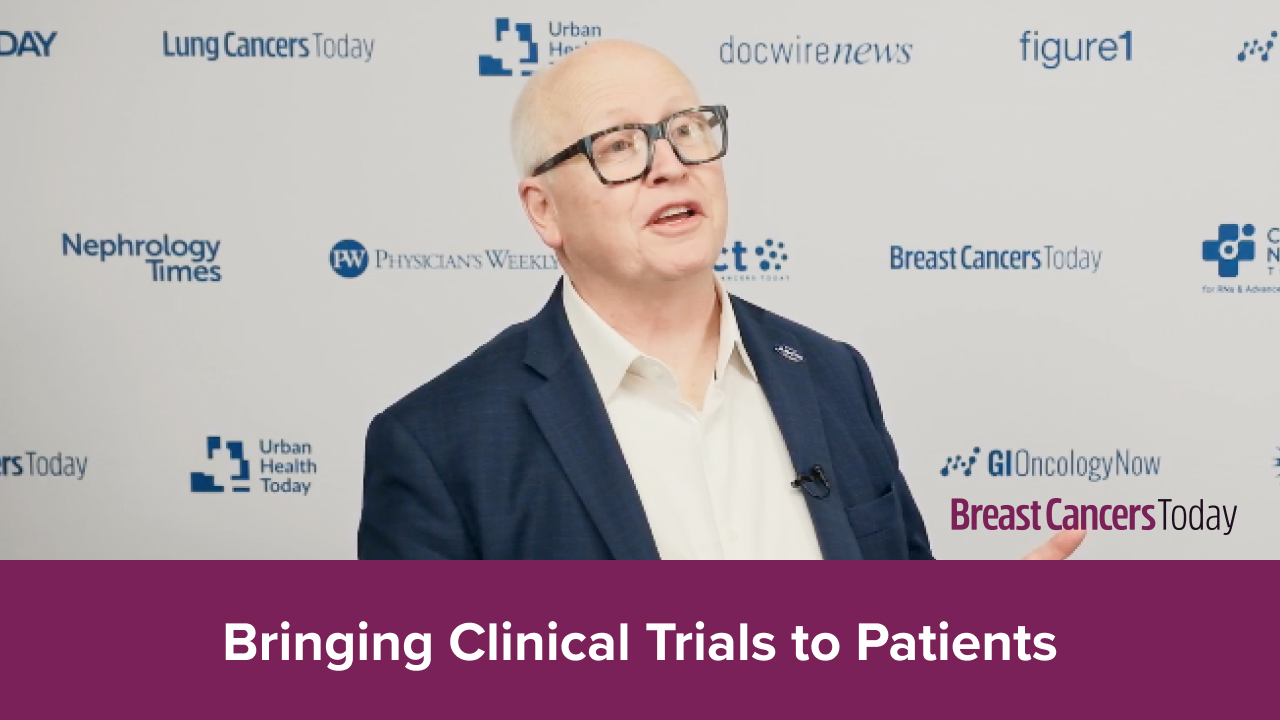


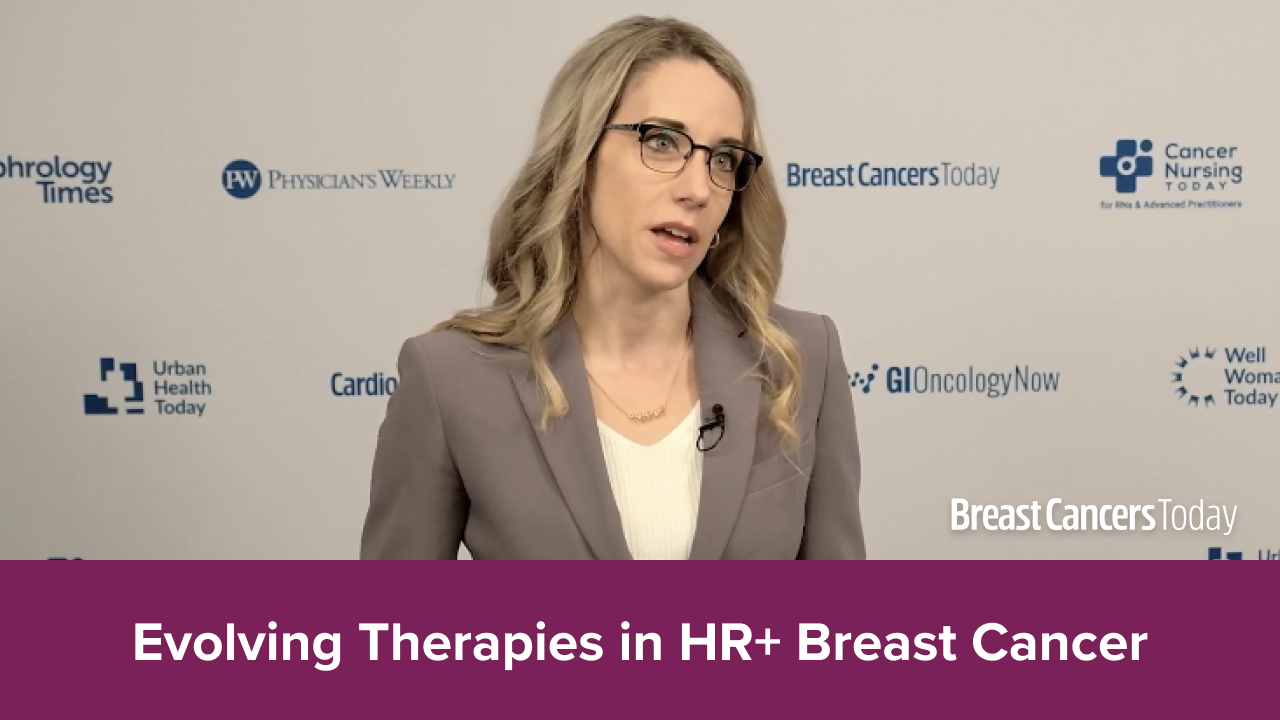
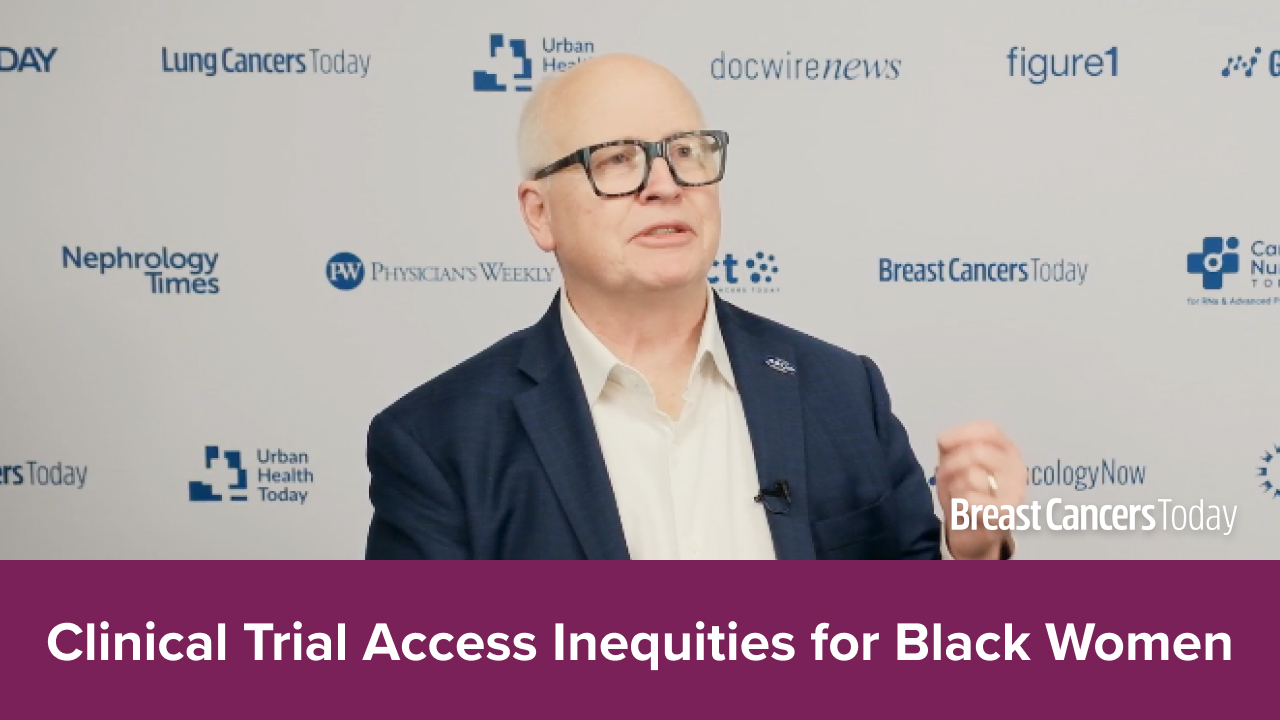
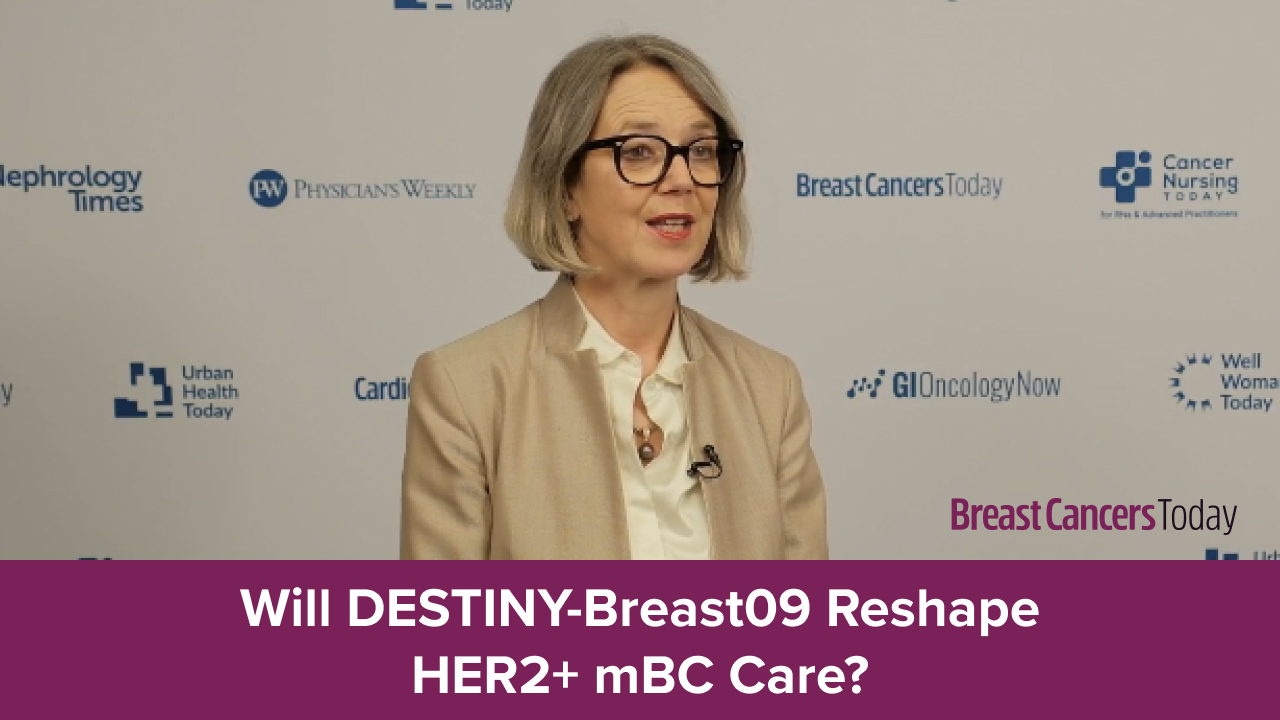
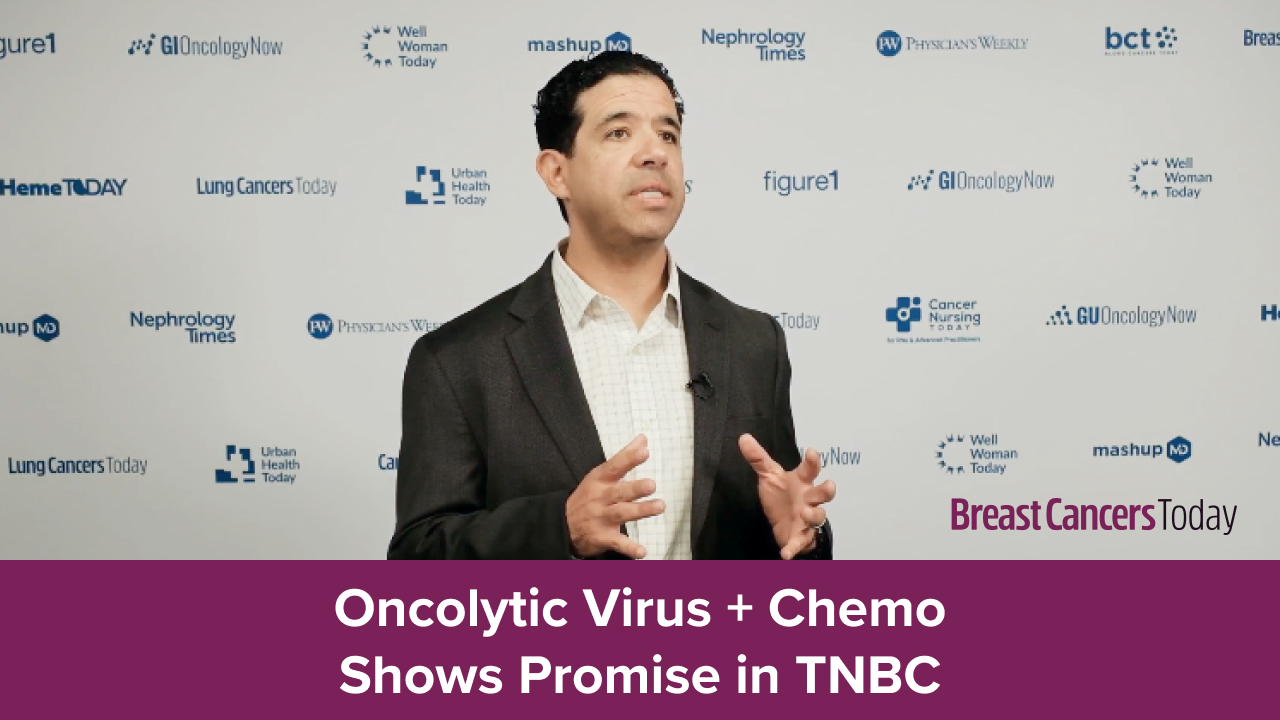


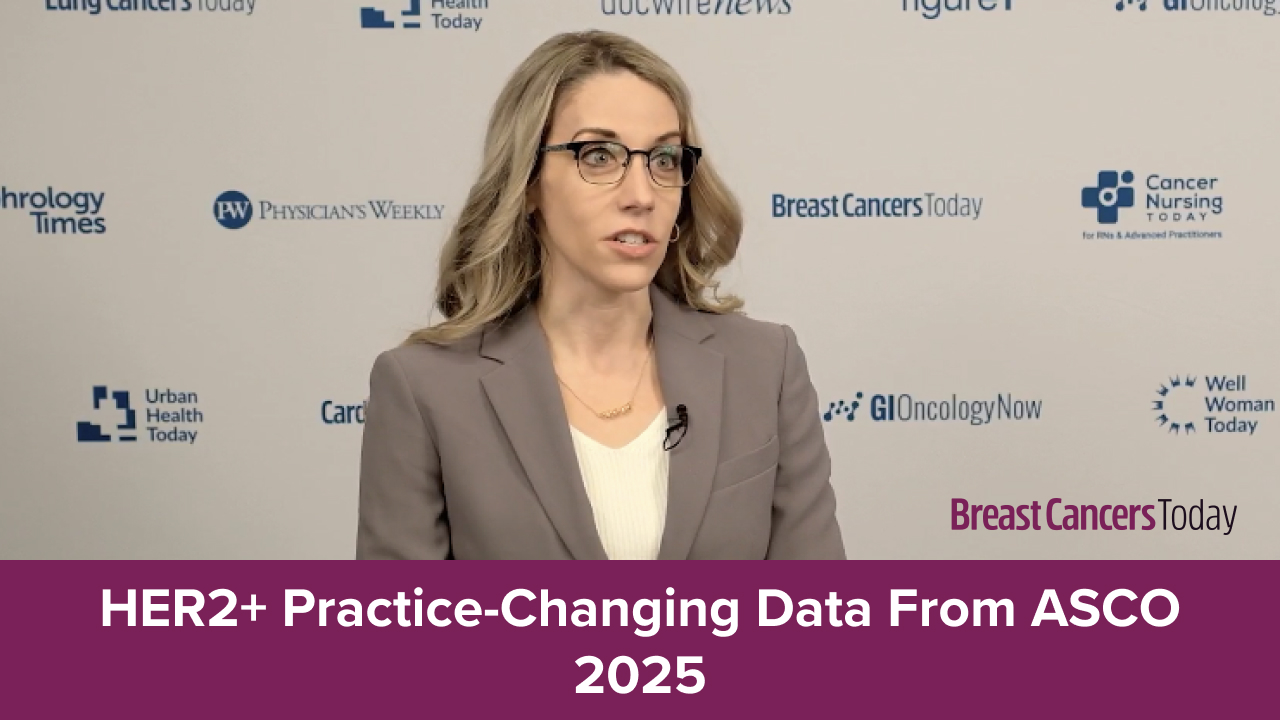
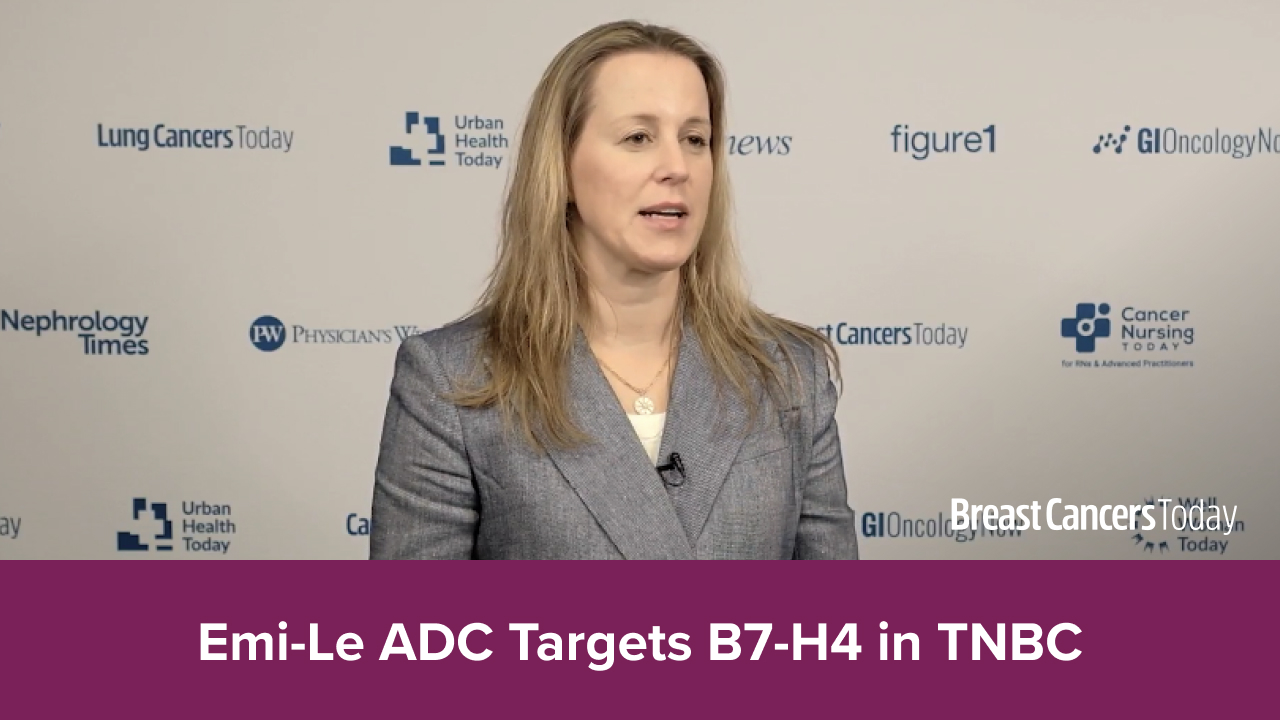
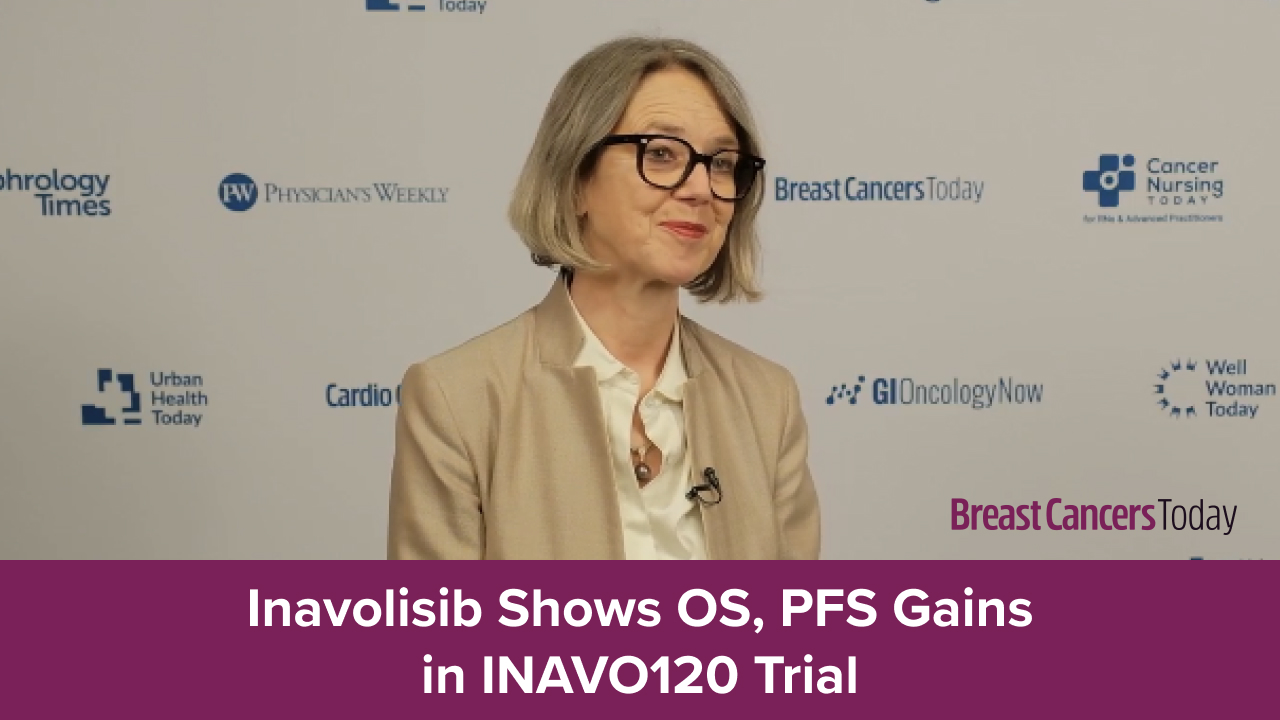
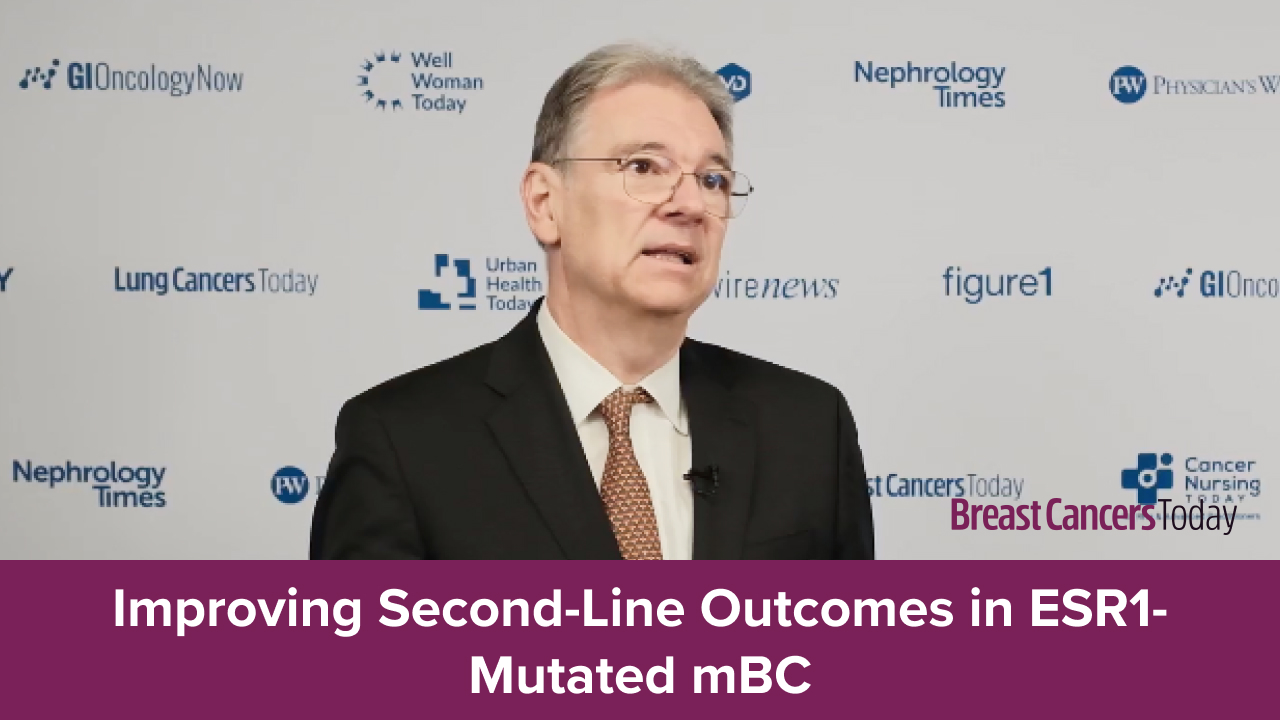
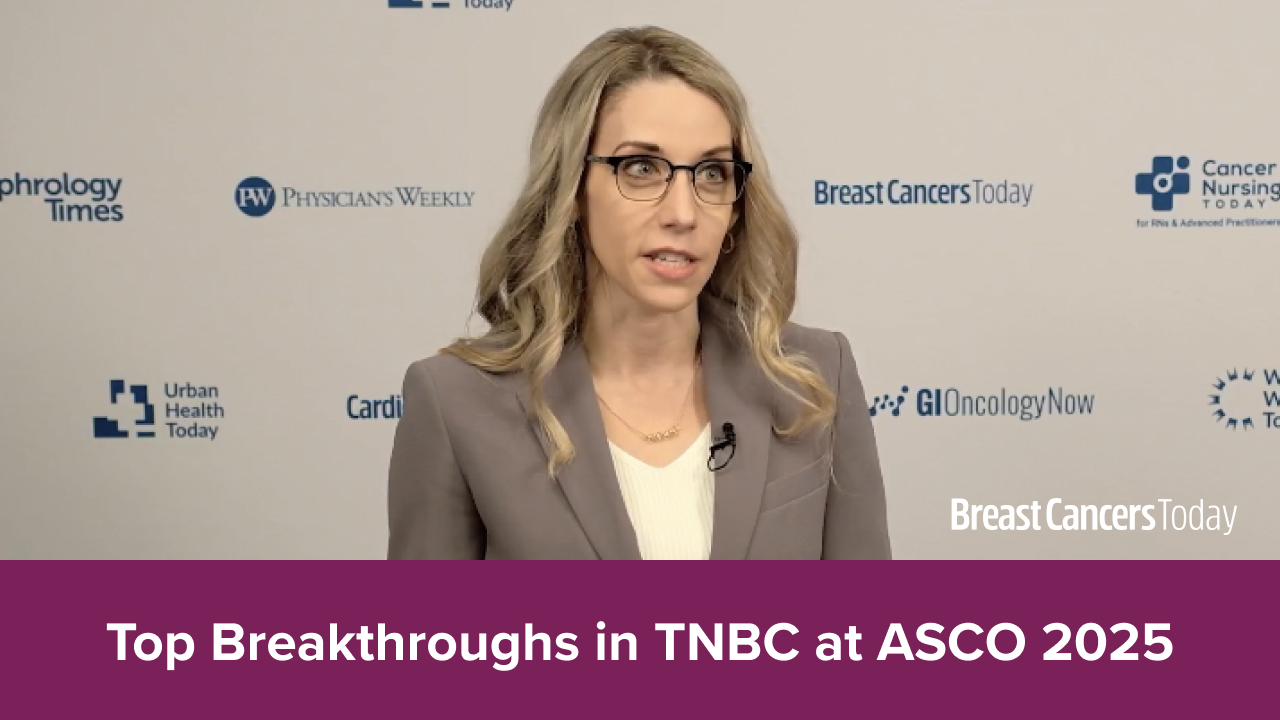
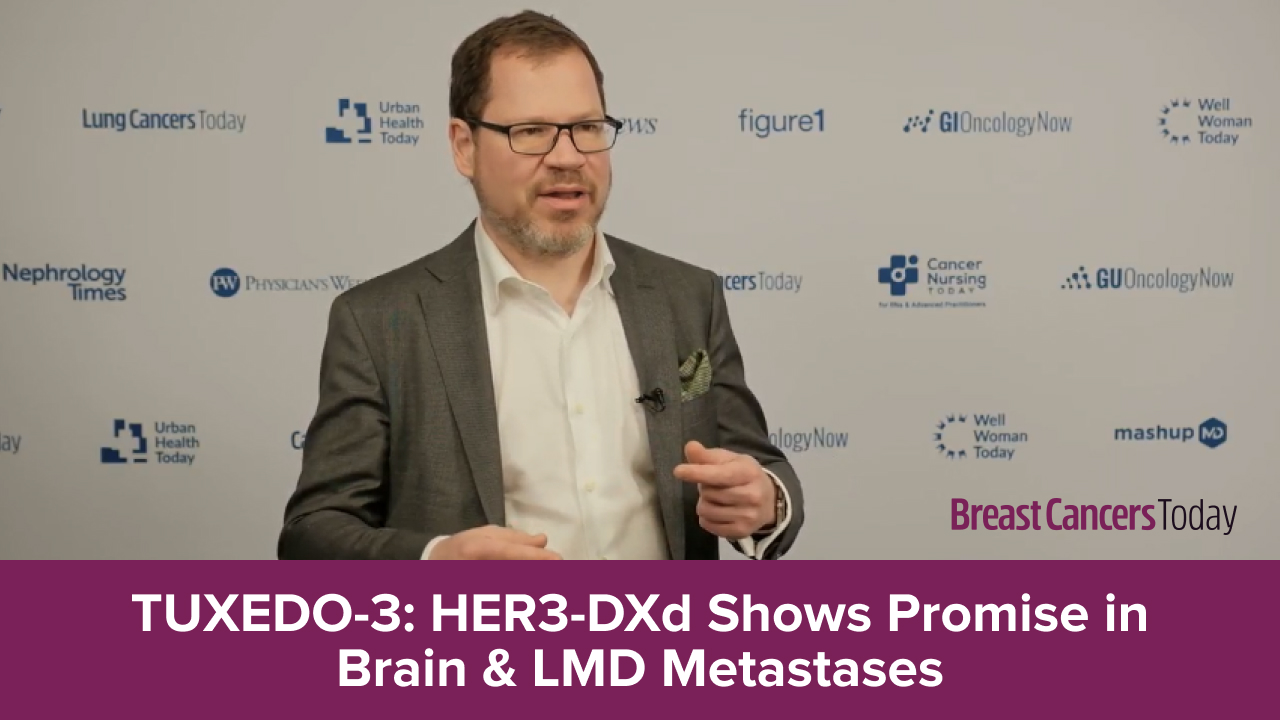
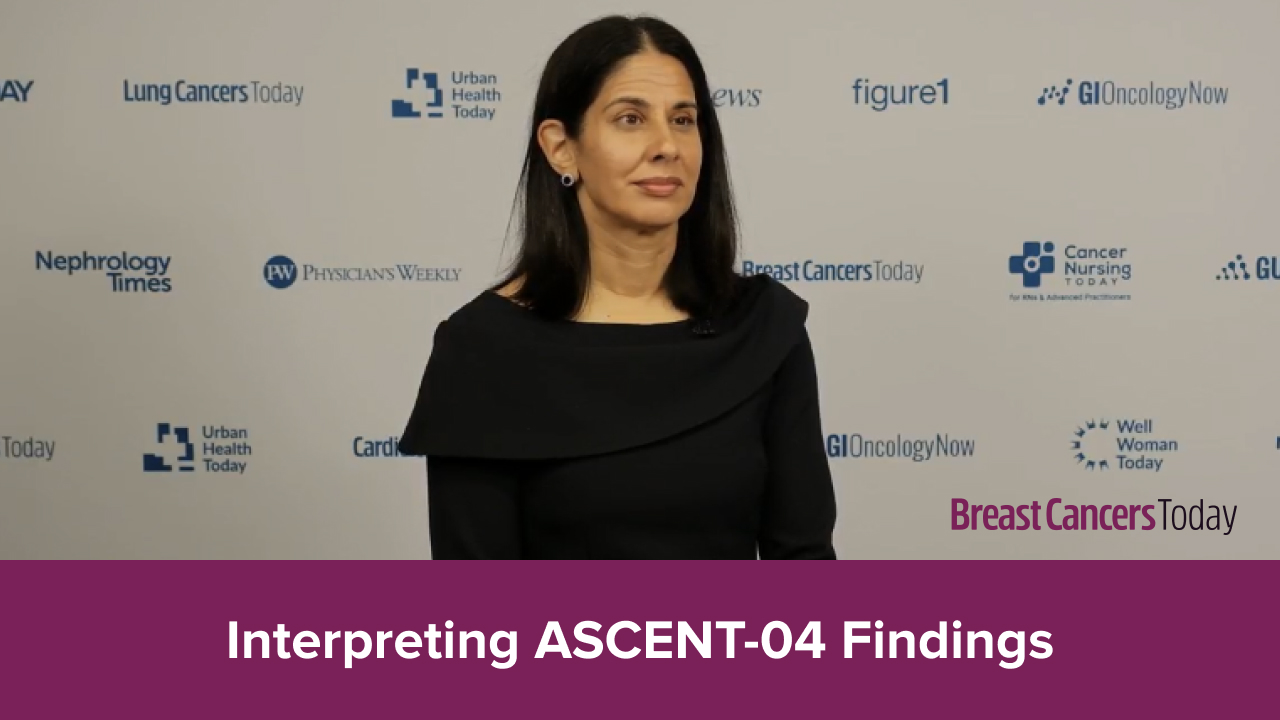
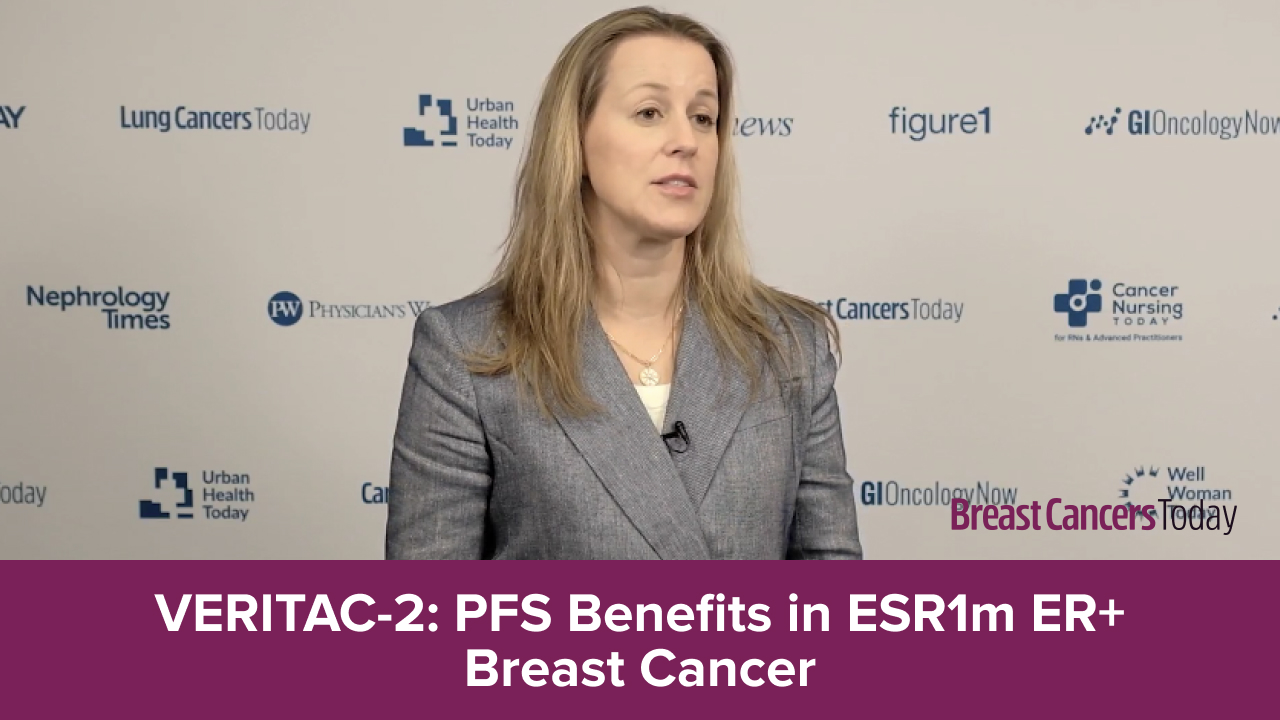
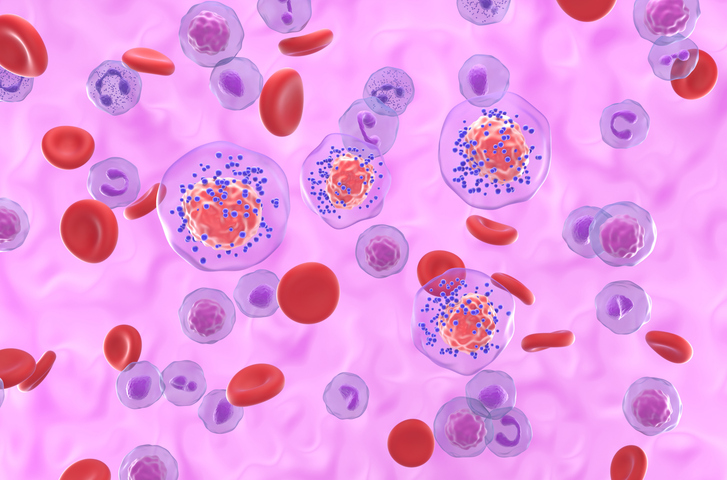
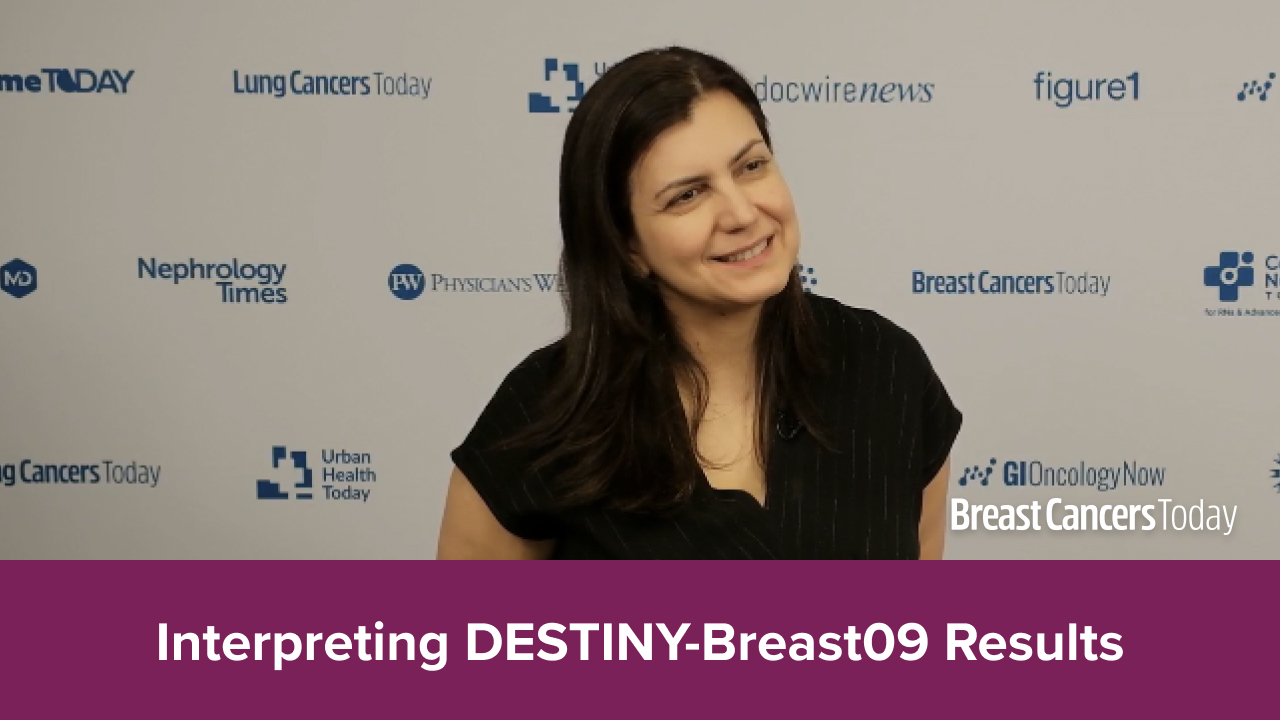


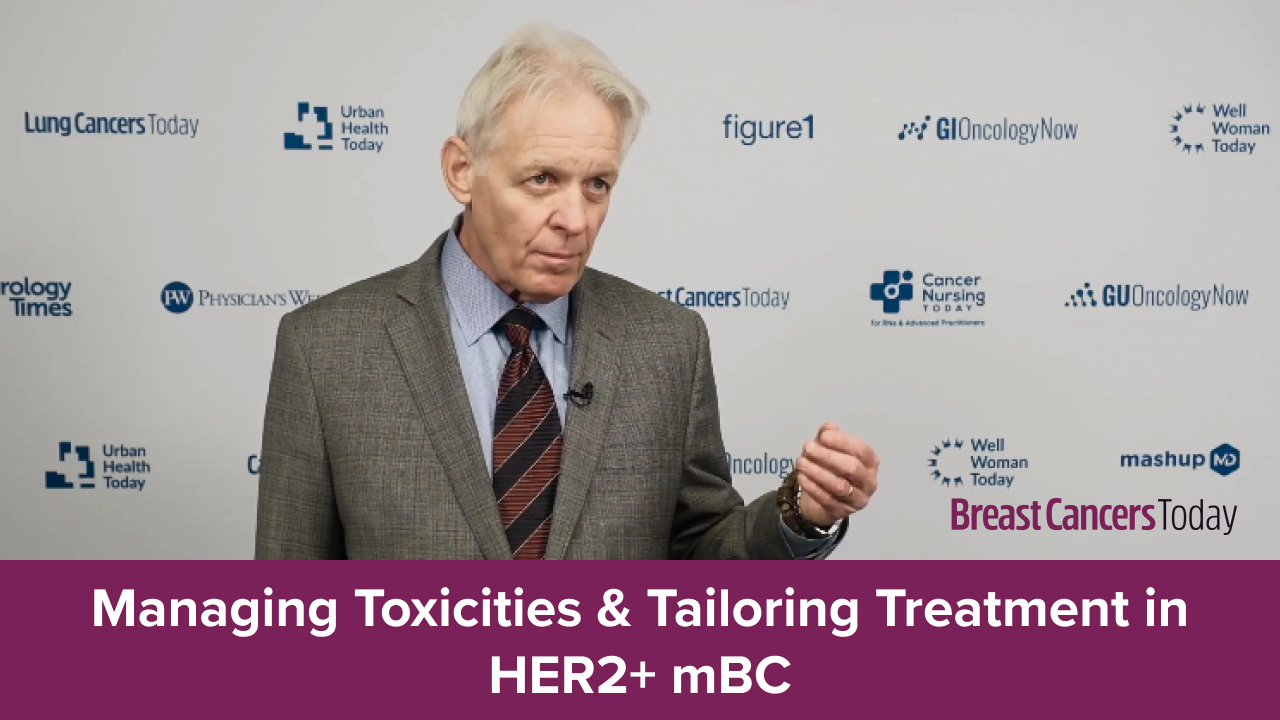
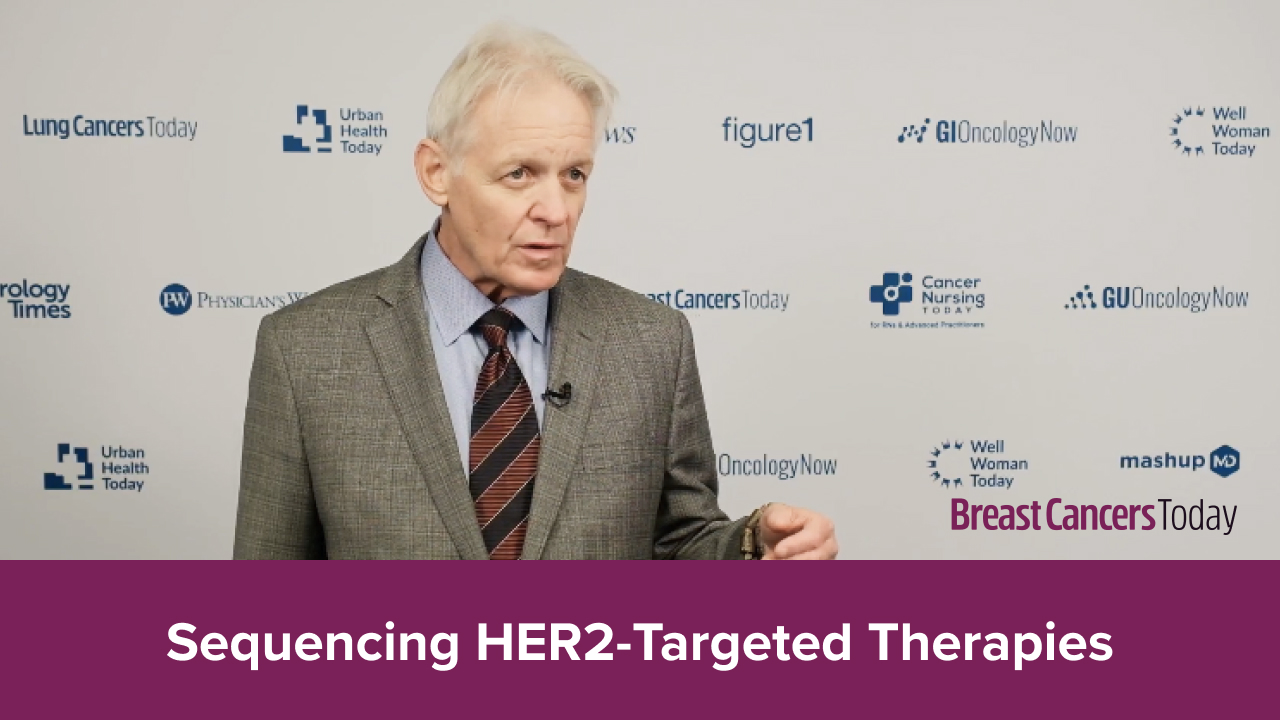
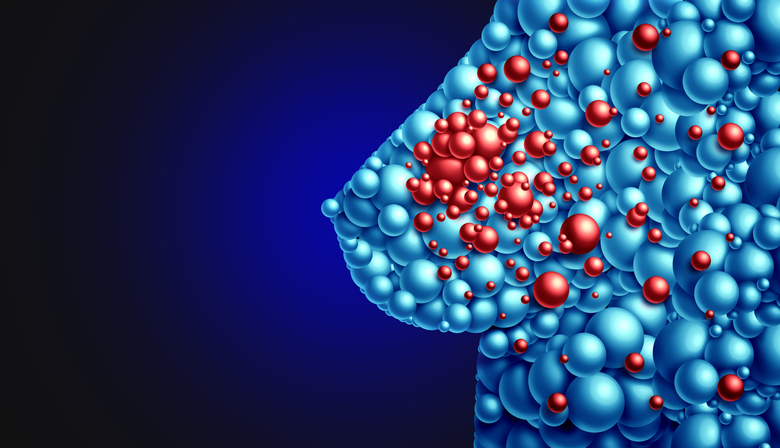

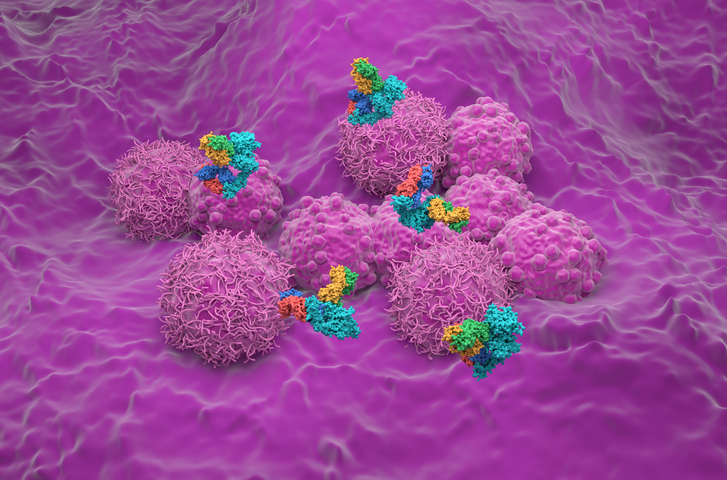
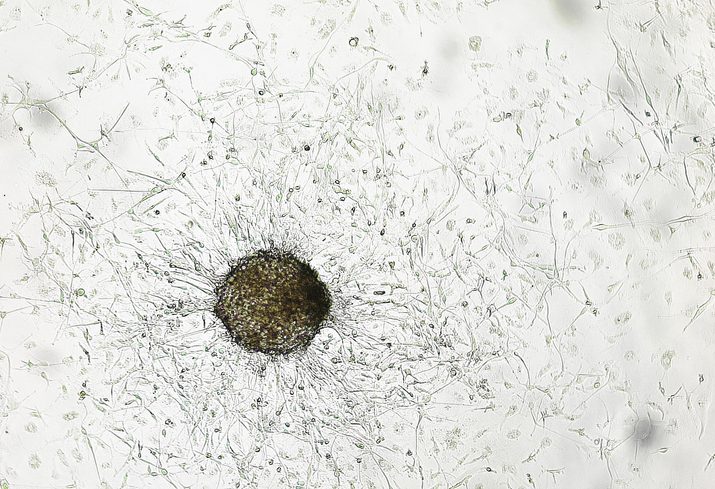


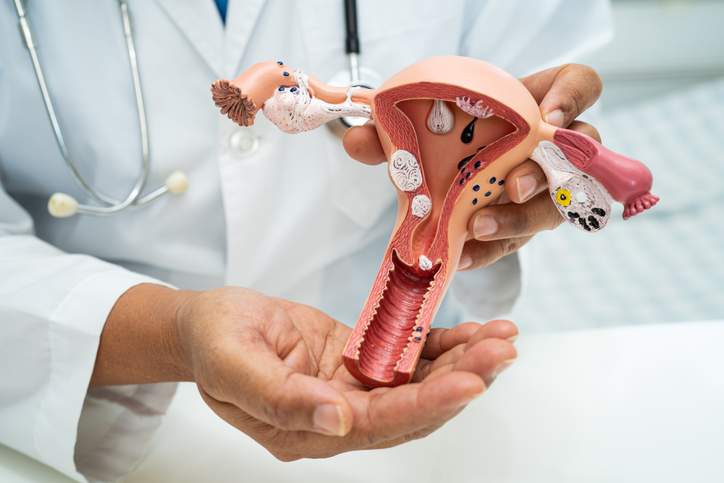




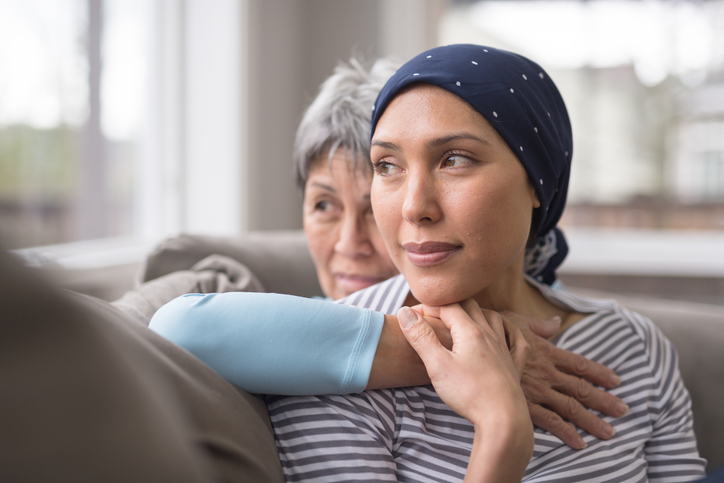
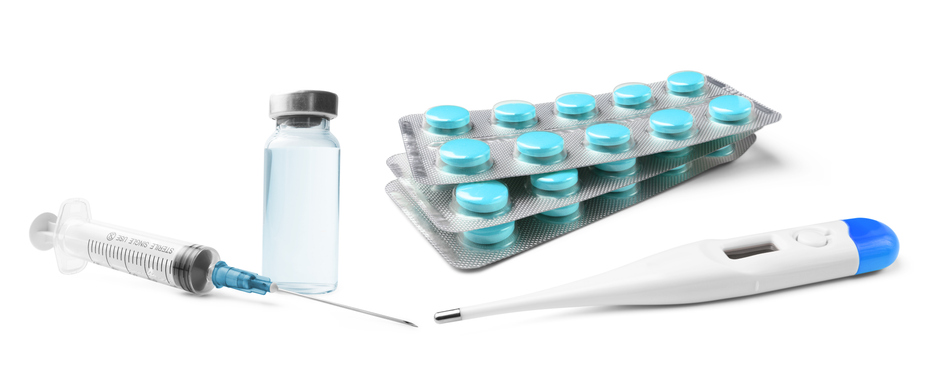
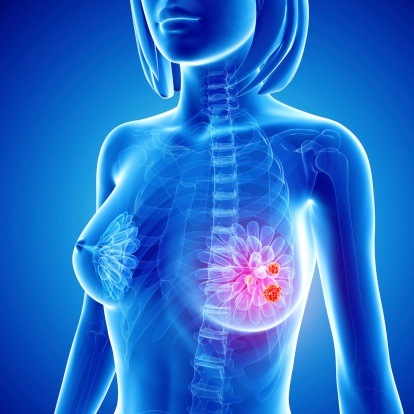



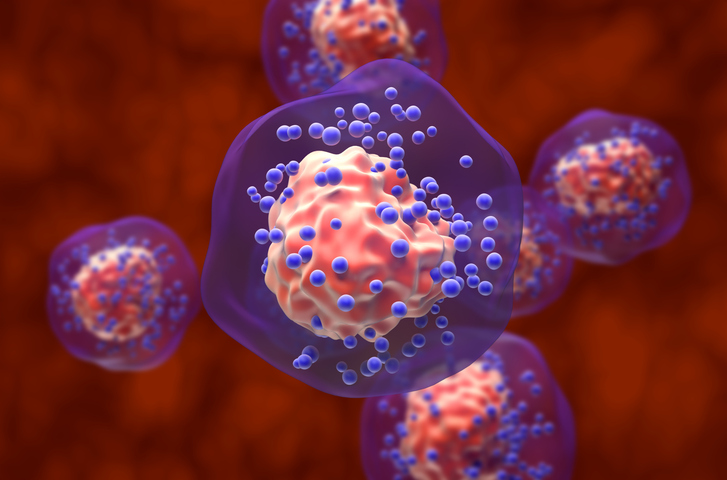
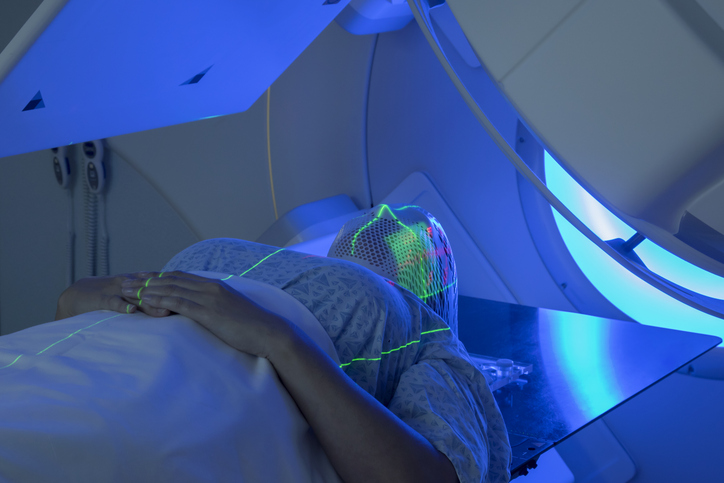
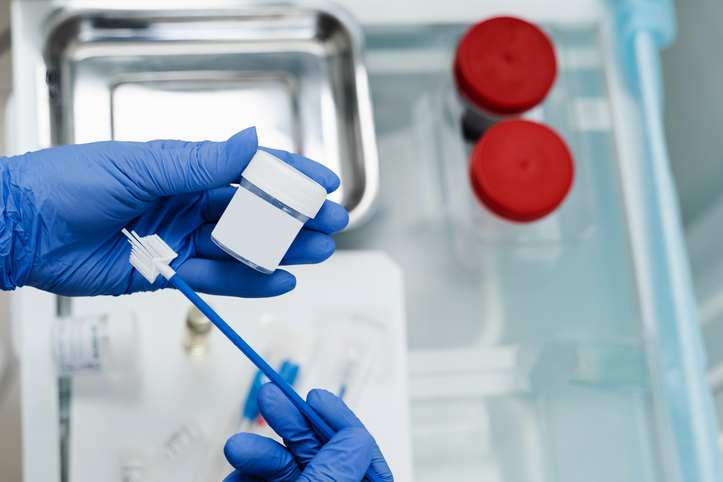
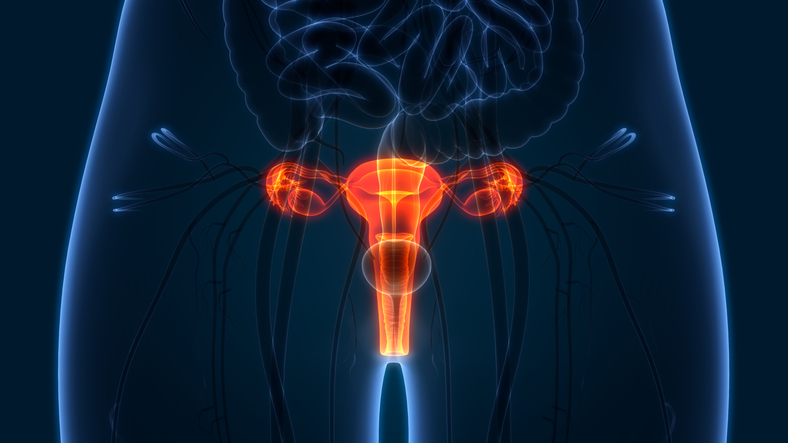

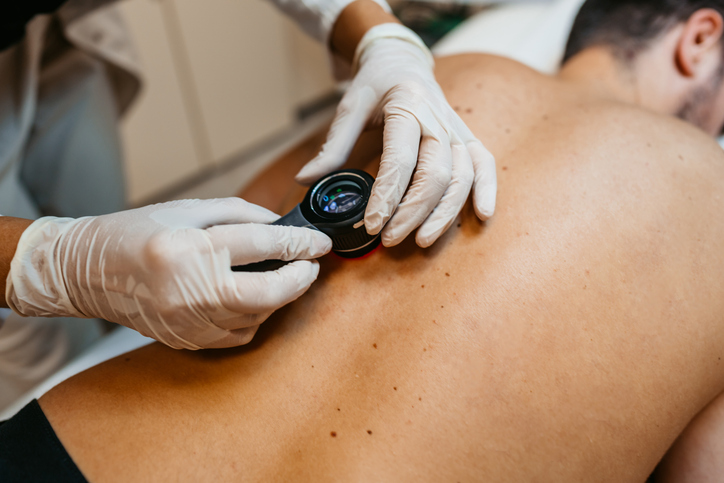

 © 2025 Mashup Media, LLC, a Formedics Property. All Rights Reserved.
© 2025 Mashup Media, LLC, a Formedics Property. All Rights Reserved.